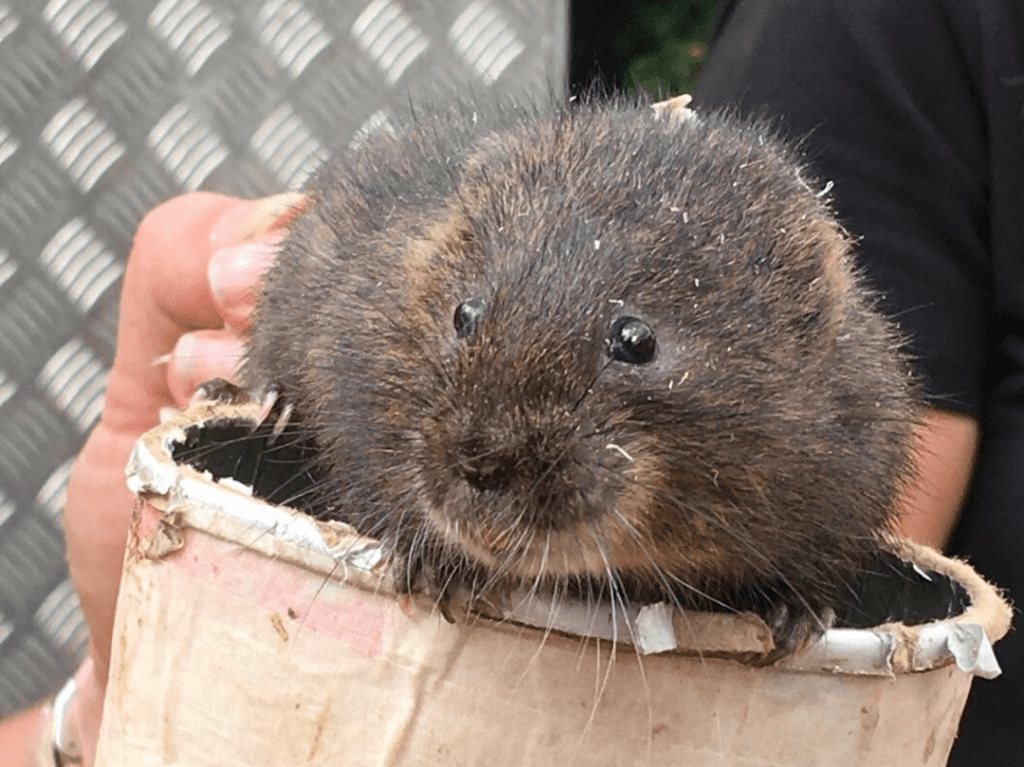Some of the UK’s favourite and most iconic river wildlife species have been in severe decline for decades. A project launched in September 2023 on the Hogsmill River in south west London, named the WET Hogsmill project, will see the reintroduction of water voles on the river, while creating new habitats for both European eel and native (brown/sea) trout.
Run by the South East Rivers Trust, this is one of 63 nationwide funded by £14.5 million in Natural England Species Recovery Grants.

